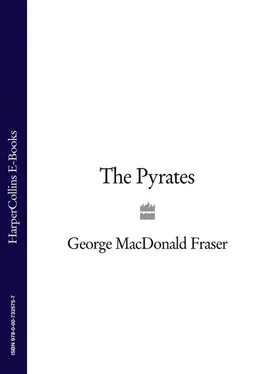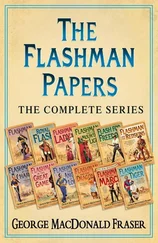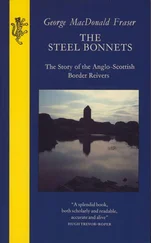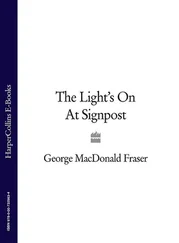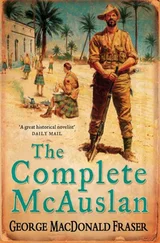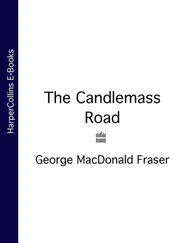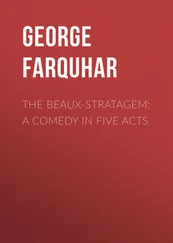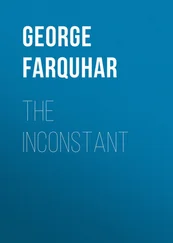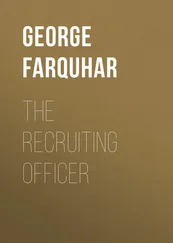George MacDonald Fraser
THE PYRATES

Praise for George MacDonald Fraser
‘It’s all there, right down to a Dead Man’s Chest, cleavages that are everything they should be and characters in sea-boots who say nothing but “Arr!” and “Me Hearty!” in a plot that is wonderfully absurd’ Financial Times
‘It’s great fun and rings true: a Highland Fling of a book’
Eric Linklater, author of The Wind on the Moon
‘Twenty-five years have not dimmed Mr Fraser’s recollections of those hectic days of soldiering. One takes leave of his characters with real and grateful regret’
Sir Bernard Fergusson, Sunday Times
‘A self-confident performance by an old hand. Mr Fraser clearly enjoys being master of such a wide and wild plot, and makes sure to leave room in it for his most famous creation, the eponymous hero of his Flashman adventure series’
New Yorker
‘Fabulous … you’ll want to stay up all night reading this one’
Washington Post
‘MacDonald Fraser falls into what these days is an exclusive group: the storyteller who can write’
D J Taylor, Sunday Times
‘Mr Fraser is a great historical novelist and in Black Ajax he is at the very top of his form. Damme if he ain’t’
Christopher Matthew, Daily Mail
‘This is not a flashy novel, wearing its learning noisily. It’s rigorous, intelligent, meticulously horrifying. Wonderfully well done’
Nicci Gerrard, Observer
‘The sense of front-line danger is palpable and the smell of action is remarkable. His descriptions of the sudden violent actions are breathtaking. This is battle as it is done’
Melvyn Bragg, Evening Standard
‘This is a book as good as anything Fraser has written … A moving and penetrating contribution to the literature of the Burma campaign’
Max Hastings, Daily Telegraph
‘It’s George MacDonald Fraser in top form on the Borders, juggling lairds and outlaws in bitter battling over disputed territory.’
Mail on Sunday , Books of the Year
‘The sense of front-line danger is palpable and the smell of action is remarkable. His descriptions of the sudden violent actions are breathtaking. This is battle as it is done’
Melvyn Bragg, Evening Standard
‘Twenty-five years have not dimmed Mr Fraser’s recollections of those hectic days of soldiering. One takes leave of his characters with real and grateful regret’
Sir Bernard Fergusson, Sunday Times
IN MEMORY OF
The Most Reverend and Right Honourable
LANCELOT BLACKBURNE
(1658–1743)
Archbishop of York
and buccaneer
Cover
Title Page
Praise
Dedication
Book: The First
Chapter 1: The First
Chapter 2: The Second
Chapter 3: The Third
Chapter 4: The Fourth
Chapter 5: The Fifth
Chapter 6: The Sixth
Book: The Second
Chapter 7: The Seventh
Chapter 8: The Eighth
Chapter 9: The Ninth
Chapter 10: The Tenth
Chapter 11: The Eleventh
Chapter 12: The Twelfth
Chapter 13: The Thirteenth
Chapter 14: The Fourteenth
Book: The Third
Chapter 15: The Fifteenth
Chapter 16: The Sixteenth
Chapter 17: The Seventeenth
Chapter 18: The Eighteenth
Chapter 19: The Last
Afterthought
Influential: Bibliography
Keep Reading
Also by the Author
Copyright
About the Publisher
BOOK THE FIRST
It began in the old and golden days of England, in a time when all the hedgerows were green and the roads dusty, when hawthorn and wild roses bloomed, when big-bellied landlords brewed rich October ale at a penny a pint for rakish high-booted cavaliers with jingling spurs and long rapiers, when squires ate roast beef and belched and damned the Dutch over their claret while their faithful hounds slumbered on the rushes by the hearth, when summers were long and warm and drowsy, with honeysuckle and hollyhocks by cottage walls, when winter nights were clear and sharp with frost-rimmed moons shining on the silent snow, and Claud Duval and Swift Nick Nevison lurked in the bosky thickets, teeth gleaming beneath their masks as they heard the rumble of coaches bearing paunchy well-lined nabobs and bright-eyed ladies with powdered hair who would gladly tread a measure by the wayside with the gallant tobyman, and bestow a kiss to save their husbands’ guineas; an England where good King Charles lounged amiably on his throne, and scandalised Mr Pepys (or was it Mr Evelyn?) by climbing walls to ogle Pretty Nell; where gallants roistered and diced away their fathers’ fortunes; where beaming yokels in spotless smocks made hay in the sunshine and ate bread and cheese and quaffed foaming tankards fit to do G. K. Chesterton’s heart good; where threadbare pedlars with sharp eyes and long noses shared their morning bacon with weary travellers in dew-pearled woods and discoursed endlessly of ‘Hudibras’ and the glories of nature; where burly earringed smugglers brought their stealthy sloops into midnight coves, and stowed their hard-run cargoes of Hollands and Brussels and fragrant Virginia in clammy caverns; where the poachers of Lincolnshire lifted hares and pheasants by the bushel and buffeted gamekeepers and jumped o’er everywhere …
An England, in short, where justices were stout and gouty, peasants bluff and sturdy and content (but ready to turn out for Monmouth at a moment’s notice), merchant-fathers close and anxious, daughters sweet and winsome, good wives rosy and capable with bunches of keys and receipts for plum cordials, Puritans smug and sour and sanctimonious, fine ladies beautiful and husky-voiced and slightly wanton, foreigners suave and devious and given to using musky perfume, serving wenches red-haired and roguish-eyed with forty-inch busts, gentleman-adventurers proud and lithe and austere and indistinguishable from Basil Rathbone, and younger sons all eager and clean-limbed and longing for those far horizons beyond which lay fame and fortune and love and high adventure.
That was England, then; long before interfering social historians and such carles had spoiled it by discovering that its sanitation was primitive and its social services non-existent, that London’s atmosphere was so poisonous as to be unbreathable by all but the strongest lungs, that King Charles’s courtiers probably didn’t change their underwear above once a fortnight, that the cities stank fit to wake the dead and the countryside was largely either wilderness or rural slum, that religious bigotry, dental decay, political corruption, fleas, cruelty, poverty, disease, injustice, public hangings, malnutrition, and bear-baiting were rife, and there was hardly an economist or environmentalist or town planner or sociologist or anything progressive worth a damn. (There wasn’t even a London School of Economics, which is remarkable when you consider that Locke and Hobbes were loose about the place).
Happily, the stout justices and wenches and gallants and peasants and fine ladies – and even elegant Charles himself, who was nobody’s fool – never realised how backward and insanitary and generally awful they might look to the cold and all-too-selective eye of modern research, and if they had, it is doubtful if they would have felt any pang of guilt or shame, happy conscienceless rabble that they were. Indeed, his majesty would most likely have raised a politely sceptical eyebrow, the justices scowled resentfully, and the wenches, gallants, and peasants, being vulgar, gone into hoots of derisive mirth.
Читать дальше
